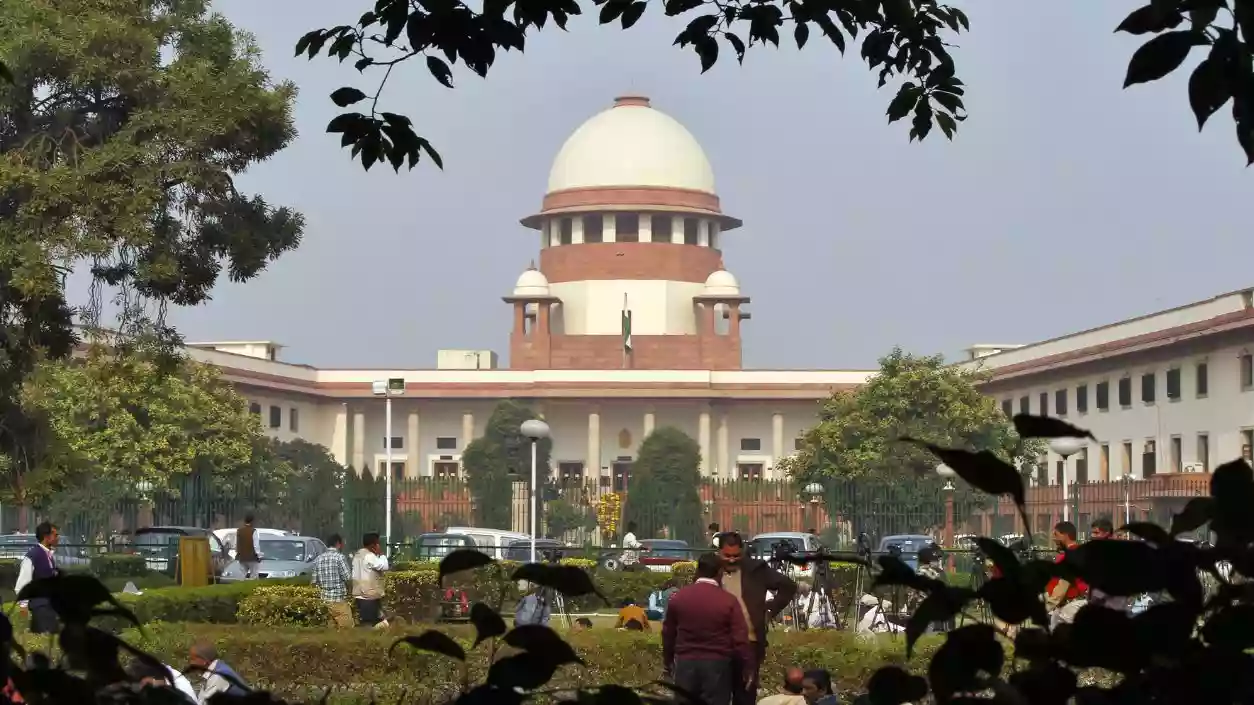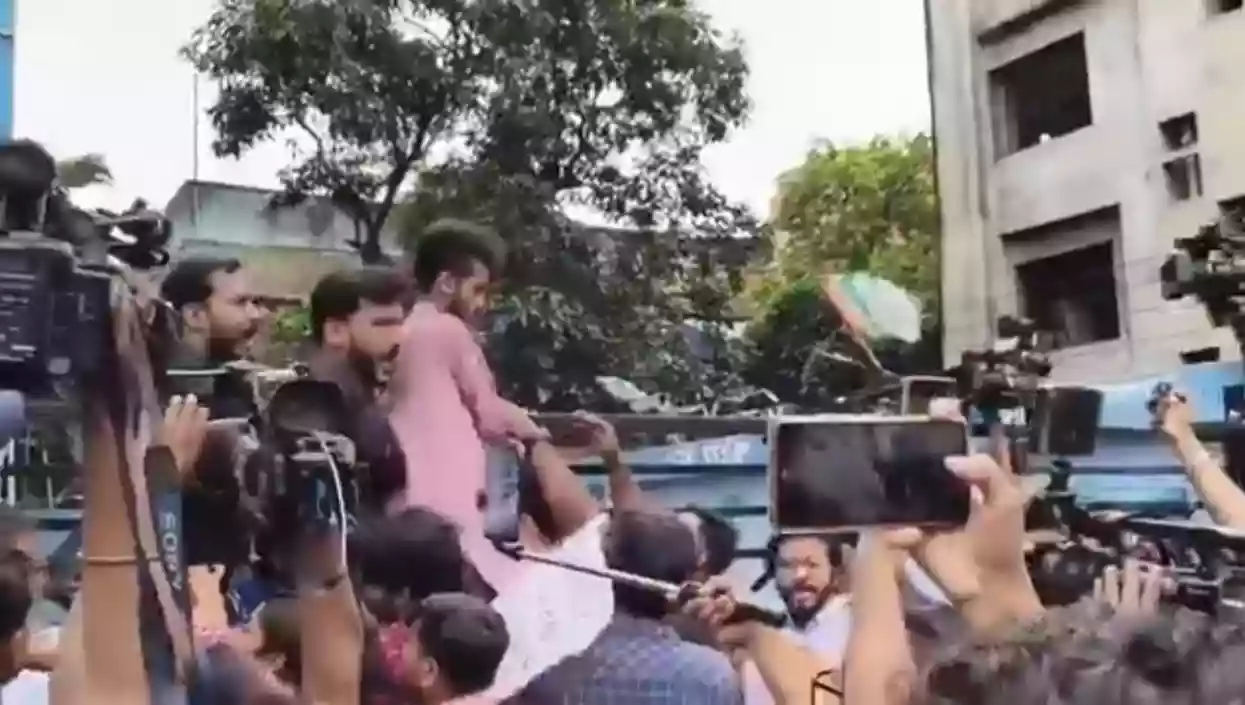Protests erupt outside Kasba Police station as 3 arrested in alleged Kolkata college gang rape
.gif)
.gif)

On Tuesday, the Supreme Court of India will hear three crucial cases concerning West Bengal, which involve the annulled 2016 School Service Commission (SSC) recruitment process, the cancellation of OBC certificates, and the arrears of Dearness Allowance (DA) owed to state government employees. These cases carry significant legal and administrative implications for the state.
The first case involves the 2016 SSC recruitment, where 25,753 appointments were made. The Kolkata High Court had, in April 2022, annulled the entire recruitment process, citing serious flaws in candidate selection. The High Court ruled that the recruitment process had failed to ensure merit-based appointments, allowing ineligible candidates to be hired. The court specifically pointed out that the selection procedure lacked transparency and fairness. The state government and SSC have appealed the decision, arguing that it affects eligible candidates who were appointed during the process and that some of the appointments should be validated. The case will now be heard by the Supreme Court, which will decide whether to uphold or overturn the High Court’s decision.
The second major issue before the Supreme Court concerns the cancellation of OBC certificates. In 2010, the state government issued a directive for the issuance of OBC certificates, which was later challenged in the Kolkata High Court. The High Court ruled in 2022 that all OBC certificates issued by the state government since 2010 were invalid due to procedural irregularities. The court found that the certificates were issued without proper scrutiny and lacked a consistent verification process. The state government has filed an appeal against this order in the Supreme Court, claiming that the cancellation of these certificates could negatively affect a large number of citizens who rely on them for reservation benefits in educational institutions and government jobs. The state has requested interim relief from the Supreme Court to prevent immediate hardship for those affected by the cancellation.
The third case before the Supreme Court involves the arrears of Dearness Allowance (DA) for West Bengal state government employees. The issue began in 2016, when the employees petitioned for the payment of DA arrears under the Fifth Pay Commission. The State Administrative Tribunal (SAT) ruled in favor of the employees, and in May 2022, the Kolkata High Court directed the state government to pay the DA arrears within three months. The state government, however, appealed the High Court’s ruling, leading to the case being brought before the Supreme Court. The court will now decide whether the state government is obligated to clear the arrears or if further delays will be permitted.
These cases are significant in terms of their potential to affect large sections of the population in West Bengal. The SSC recruitment case could impact thousands of teachers and education sector employees whose jobs were based on the 2016 recruitment process. The OBC certificate case has the potential to affect a large number of individuals, as many rely on these certificates for caste-based reservations. Meanwhile, the DA arrears case is crucial for thousands of state government employees who have been waiting for the payments since 2016.
In addition to their direct impact on citizens, these cases raise important questions about the functioning and transparency of the state government, including issues related to recruitment procedures, social justice, and employee rights. The state government’s handling of these matters, and the eventual verdicts in these cases, could have far-reaching consequences on the state’s administrative policies and governance.
The outcome of these cases will be closely followed, as they could reshape the way the state handles recruitment, caste-based reservations, and employee entitlements. The decisions from the Supreme Court will have a lasting impact on both the legal landscape and the political environment in West Bengal as the state prepares for its 2024 assembly elections.
.webp)
Muslim family leads 400-year-old Rath Yatra in Howrah symbolising Bengal’s communal harmony

Protests erupt outside Kasba Police station as 3 arrested in alleged Kolkata college gang rape